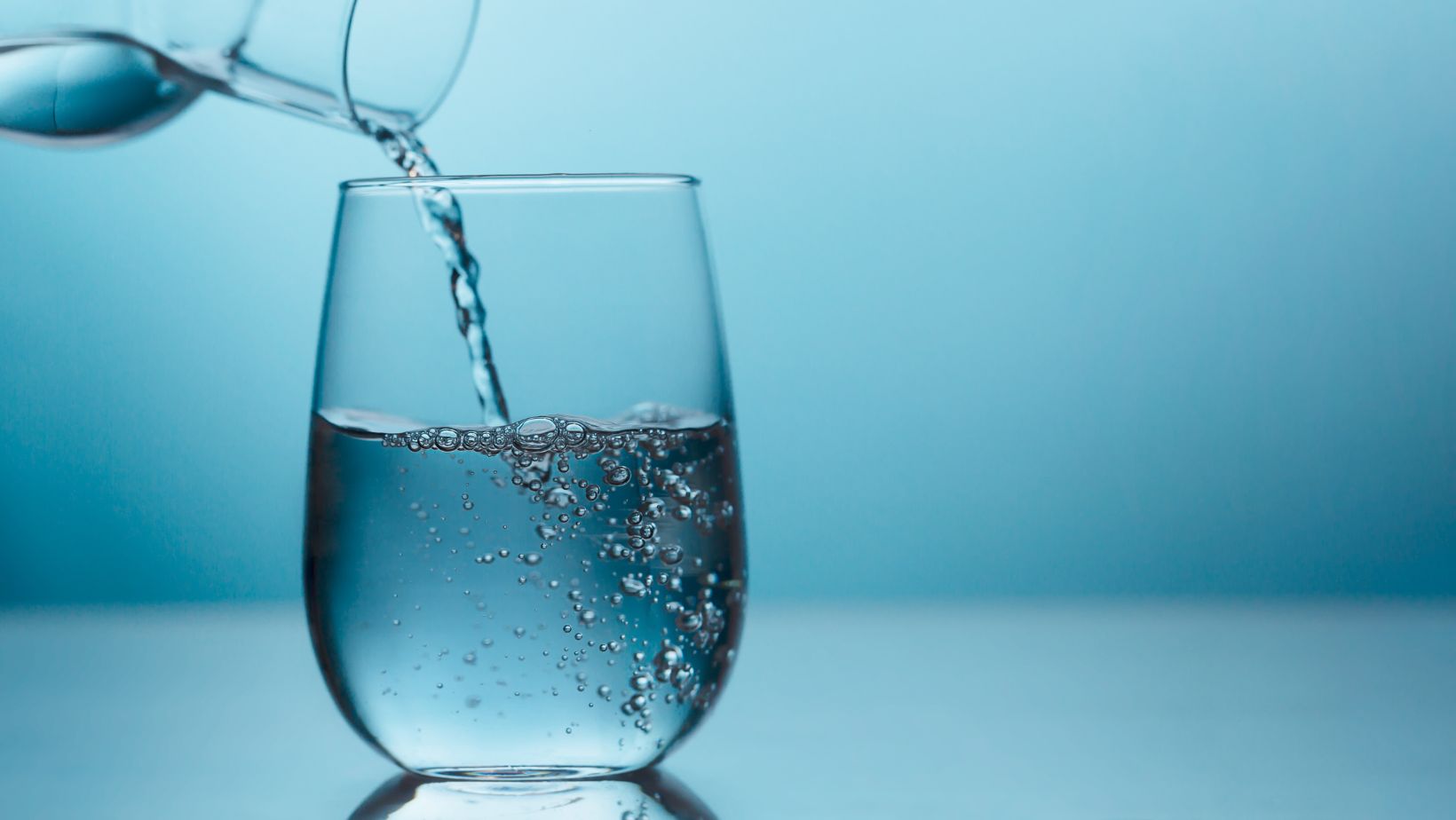Introduction
How Does IV Hydration Therapy Compare to Oral Hydration Hydration is crucial for maintaining optimal health and well-being. Proper hydration helps regulate body temperature, keeps joints lubricated, and supports overall bodily functions. While drinking fluids is the most common method of hydration, IV hydration therapy has gained popularity for its rapid and direct approach. In this article, we will explore how IV hydration therapy compares to oral hydration, discussing their effectiveness, advantages, and when each method is appropriate.
What is IV Hydration Therapy?
IV (intravenous) hydration therapy involves administering fluids directly into the bloodstream through an intravenous line. This method delivers fluids, electrolytes, and nutrients quickly and efficiently, bypassing the digestive system. IV hydration therapy is commonly used in medical settings to treat dehydration, support recovery, and provide essential nutrients.
Key Components of IV Hydration Therapy:
- Fluids: Typically saline (sodium chloride) or Ringer’s lactate.
- Electrolytes: Sodium, potassium, calcium, and magnesium.
- Vitamins and Nutrients: Vitamin C, B vitamins, and amino acids, among others.
What is Oral Hydration?
Oral hydration involves consuming fluids, such as water, beverages, or electrolyte solutions, through the mouth. This is the most common and natural way of staying hydrated and is generally sufficient for maintaining hydration in everyday life. Oral hydration can include drinking plain water, sports drinks, or specially formulated rehydration solutions.
Key Components of Oral Hydration:
- Water: The primary component of most beverages.
- Electrolytes: Often found in sports drinks and rehydration solutions.
- Sugars and Carbohydrates: Present in some oral hydration solutions to help with absorption.
Comparing Effectiveness
Absorption Rates
IV Hydration Therapy: The fluids and nutrients administered through IV hydration are delivered directly into the bloodstream, ensuring 100% absorption. This method bypasses the digestive system, which can be particularly beneficial when rapid rehydration is required, or when digestive issues might impair fluid absorption.
Oral Hydration: Fluids consumed orally must pass through the digestive system, where they are absorbed in the intestines. This process can be slower and less efficient, particularly if the individual has digestive problems, nausea, or is vomiting. Absorption rates can vary based on the type of fluid and the individual’s digestive health.
Hydration Speed
IV Hydration Therapy: Provides almost immediate hydration as fluids enter the bloodstream directly. This method is ideal for situations where rapid rehydration is crucial, such as severe dehydration, post-surgery recovery, or after intense physical exertion.
Oral Hydration: The hydration process through the oral intake is slower. It can take several hours for fluids to be fully absorbed and for the body to rehydrate. This method is generally sufficient for everyday hydration needs but may not be ideal for acute dehydration situations.
Advantages of IV Hydration Therapy
Rapid Rehydration
IV hydration therapy is highly effective for rapidly addressing severe dehydration. For individuals who need immediate relief, such as those recovering from illness or undergoing intense physical activities, IV hydration provides a swift solution.
Direct Nutrient Delivery
IV hydration therapy allows for direct delivery of vitamins, minerals, and electrolytes into the bloodstream. This method ensures that these essential nutrients are available immediately, which can support recovery, boost energy levels, and improve overall health.
Customization
IV hydration treatments can be tailored to individual needs. Providers can adjust the type and concentration of fluids, electrolytes, and nutrients based on specific health requirements, making it a personalized approach to hydration and wellness.
Advantages of Oral Hydration
Convenience
Oral hydration is the most accessible and convenient method for daily hydration. It requires no medical equipment and can be done anywhere, making it an easy choice for maintaining hydration throughout the day.
Cost-Effectiveness
In general, oral hydration is more cost-effective compared to IV hydration therapy. Most beverages and rehydration solutions are readily available and affordable, making oral hydration a practical option for regular use.
Simplicity
Oral hydration does not involve medical procedures or specialized equipment. It is a simple method that individuals can manage on their own, without the need for professional assistance.
When to Choose IV Hydration Therapy
IV hydration therapy is particularly beneficial in the following scenarios:
- Severe Dehydration: When dehydration is acute and requires immediate intervention.
- Post-Surgery Recovery: To quickly replenish fluids and nutrients lost during surgical procedures.
- Intense Physical Activity: For athletes or individuals undergoing intense workouts who need rapid rehydration.
- Medical Conditions: For those with digestive issues or conditions that impair fluid absorption.
- Hangovers or Alcohol-Related Dehydration: To alleviate symptoms and rehydrate swiftly.
When to Choose Oral Hydration
Oral hydration is suitable for:
- Daily Hydration Needs: For maintaining regular hydration and overall health.
- Mild Dehydration: When dehydration is not severe and can be managed with regular fluid intake.
- Preventive Measures: For general hydration and wellness to prevent dehydration.
Potential Risks and Considerations
IV Hydration Therapy
- Infection Risk: There is a risk of infection at the injection site.
- Allergic Reactions: Some individuals may have allergic reactions to the fluids or additives used.
- Cost: Generally more expensive than oral hydration methods.
Oral Hydration
- Digestive Issues: Conditions like nausea, vomiting, or diarrhea can impair the effectiveness of oral hydration.
- Slower Rehydration: This may not be sufficient for severe dehydration or rapid recovery needs.
Queen Aesthetics is a medical spa in Houston, TX, and is recognized as one of the best medical spas and wellness centers in the surrounding Houston area. Our medical spa specializes in a variety of services that include botox, facials, waxing, lymphatic drainage massages, IV therapy, lip injections, hair restoration, chemical peels, microneedling, PRP hair treatment, acne treatment and so much more! Contact Queen Aesthetics and get a free consultation today!
Conclusion
Both IV hydration therapy and oral hydration have their unique benefits and limitations. IV hydration therapy excels in rapid and direct rehydration, making it ideal for acute situations and medical conditions. Oral hydration, on the other hand, offers convenience, cost-effectiveness, and simplicity for everyday hydration needs. Choosing between IV hydration therapy and oral hydration depends on the specific circumstances and hydration requirements of the individual. For severe cases requiring immediate intervention, IV hydration may be the best option. For regular, daily hydration, oral methods are typically sufficient and practical. Ultimately, understanding the differences between these methods can help individuals make informed decisions about their hydration needs and ensure they stay adequately hydrated for optimal health and well-being.





